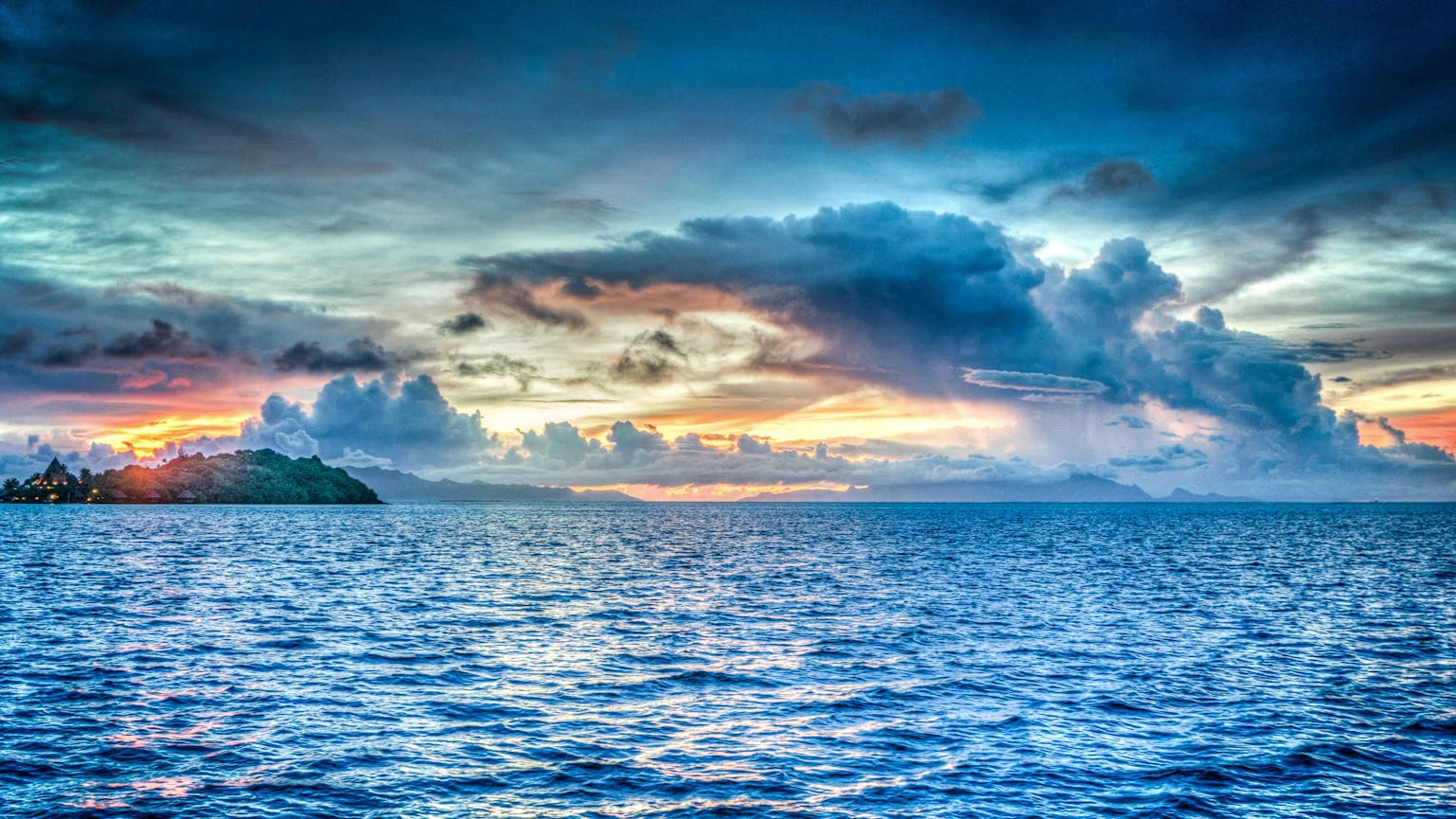World Oceans Day is an opportunity to amplify local voices and develop science-based solutions for one of the world’s most important resources. This includes effective communication and empowering communities to ensure sustainable, culturally relevant ocean health initiatives.
The interconnectedness of climate and ocean health is undisputable, with oceans playing a crucial role in regulating the Earth\’s climate. They produce 50% of the world’s oxygen and capture 90% of the excess heat generated by carbon dioxide emissions.
According to the United Nations, the Pacific Ocean is “not just ‘the lungs of the planet’ but also its largest ‘carbon sink’”, providing a vital buffer against the impacts of climate change.
Despite this critical role, oceans are under significant threat from pollution, ocean acidification, depletion of marine resources, and coastal degradation. These not only jeopardize marine ecosystems but also have far-reaching effects on global food security, livelihoods, public health, and disaster resilience.
The blue economy generates $3 trillion to $6 trillion globally each year. In Asia and the Pacific, oceans significantly contribute to the GDP of many developing countries, with fisheries and aquaculture providing $100 billion per year and about 260 million jobs worldwide.
For instance, up to 80% of the Pacific islands\’ incomes depend on tuna and tourism. The continuing decline of ocean health is already impacting these critical economic sectors, threatening the food security and livelihoods of millions.
Addressing these challenges requires sustainable development that harmonizes with nature and involves substantial shifts in value systems, innovative financing, and collaborative action at all levels.
Ocean health is inextricably linked to the overall well-being of our planet and humanity.
To turn the tide, the following actions are needed:
Value natural capital and implement nature-based solutions: Integrating nature-based solutions into infrastructure allows developing countries to balance development with conservation. The Ocean Resilience and Coastal Adaptation Trust Fund exemplifies this approach, enhancing investments in ocean health and the blue economy with $13 million in support from the Nordic Development Fund and the United Kingdom\’s Foreign Commonwealth and Development Office.
Build partnerships and strengthen regional cooperation: The Pacific region\’s unified vision offers a strong platform in global policy on climate change, high seas management, and fisheries. Strengthening partnerships and regional cooperation is crucial for advancing policy and implementing global commitments. The 2050 Strategy of the Blue Pacific Continent exemplifies a collaborative approach, emphasizing coordinated efforts to address ocean health challenges and align regional policies and actions.
Promote sustainable investments and business models: Governments play a crucial role in fostering sustainable investments and business models that prioritize environmental and social growth. By supporting green investments like marine plastic recycling, green ports, and green shipping, developing countries can drive significant positive change. Behavioral and consumer sciences can also encourage ocean-positive choices. Policies that reward sustainability and penalize harmful practices further promote this shift.
Engage local leaders and communities: World Oceans Day highlights the need for inclusive, transformative collaboration by amplifying local leaders\’ voices and developing science-based solutions. Effective communication is crucial to making scientific knowledge accessible to diverse stakeholders, from teachers and farmers to policymakers and CEOs. Empowering local communities and leaders is vital for successful ocean health initiatives, ensuring solutions are culturally appropriate, locally relevant, and widely accepted for sustainable outcomes.
Ocean health is inextricably linked to the overall well-being of our planet and humanity. The threats facing our oceans, from pollution to climate change, require urgent and coordinated action. Developing countries can lead the way by valuing natural capital, implementing nature-based solutions, building strong regional partnerships, promoting sustainable investments, and engaging local communities.
By adopting these practical solutions, developing countries can not only protect and restore ocean health but also enhance economic resilience, food security, and livelihoods. Ultimately, what is good for the oceans is good for humanity, highlighting the need for integrated and holistic approaches to sustainable development.
source: voxeu



